Rachel is one of our Account Executives and works across our Education PR and Internal Comms teams. During her furlough, Rachel took the opportunity to delve deeper into the world of SEO by taking an online course run by Neil Patel, an internationally renowned SEO guru. Rachel shares some of her findings with us below.
The digital sphere is becoming ever more important and clients are increasingly looking for digital-savvy advice. While you might be familiar with the term SEO and perhaps understand the basic concept, chances are you might not understand exactly how it works, and why it’s so important for your business.
Put simply, SEO, or search engine optimisation, is the term used to refer to enhancing your website’s content and layout so that it ranks highly on Google and other search engines. This is important for any website as positioning high up on search engine result pages means more users will see, and trust it due to its high positioning, and therefore visit your site and this will increase your customer base.
Google is much smarter than you think. The days of repeating a few of keywords over and over again are gone. You now need to do much more to achieve a high-ranking website. SEO is multi-layered with many different ways to do this from easy to implement solutions to more complex and in-depth adjustments. The more you do, the better your website will rank!
Here are just a few steps I found to improve your SEO:
Is your website safe?
Making sure your website is encrypted is an easy way to increase your SEO. This means having the https:// at the start of your website which tells Google that your website is safe for users.
Who are you and why are you relevant?
This is the question Google wants to know. Through your content – including words, links and layout – Google is looking to find what services or products you offer, where you sit within the marketplace and what your unique selling point is.
Keywords are a big part of SEO and crucial to telling search engines the answers to these questions. Selecting keywords requires research into the words related to your product or service, what your audience is searching for, what is working for your competitors and the easiest words to rank for in terms of search volume, cost per click and keyword difficulty. There are lots of platforms out there that can help with this.

How do you draw in a user?
It is all in the content. Your content needs to identify a problem that your consumer faces, offer a solution and explain why your product or service is the best option. Evidencing with case studies is a great way to show this.
Your content also needs to be easy to read and engaging. Make sure to use a combination of short paragraphs, headings, images and bullet points.
When creating content for your news or blogs, there is also a perception that the more content, the better. While Google does prefer longer content – the more relevant and informative content you have, the longer someone will stay on your site. That said, Google does not appreciate fluff!
You have your user; now how do you keep them?
You want to keep users on your website for as long as possible to maximise the chances of conversion – not an easy feat with the whole internet out there! Statistics such as page speed and dwell time are good indicators to assess how long your users stay on your website.
Embedding internal links that take users to other pages on your website is a great way to improve dwell time and your SEO. For every page of content, it is beneficial to include at least a couple of relevant links that take the user to another part of your website.
Are you trustworthy?
Backlinks are when other websites link to your website and are a great way to let Google know that you are who you say you are and that you are trusted by others in your industry. Easy ways to do this include writing guest blogs or features for other relevant websites or creating materials or images that other sites would like to share to their audiences.
So, there you have it, a few tips on how to secure a higher ranking on search engines. There is much much more when it comes to SEO, from meta tags to scheme mark up, and Google Analytics to Google penalties, but these are some easy tips to get you started! We are always on hand to help you further with your SEO and get you ranking in first position as you deserve.
To find out more about our services and types of support we can offer you, please visit this page to find out more about our Peterborough based agency.
